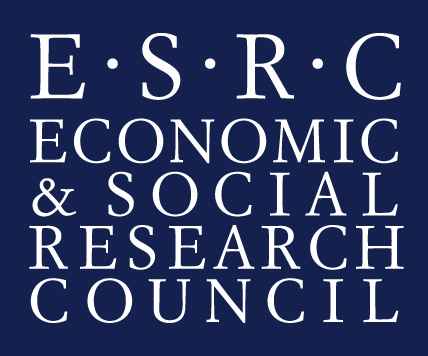EIF report
What works to enhance interparental relationships and improve outcomes for children?
This report provides our assessment of programmes that aim to enhance the interparental relationship and improve outcomes for children. It shows that many of these need more testing.
Key findings include:
- The quality of the interparental relationship, specifically how parents communicate and relate to each other, is increasingly recognised as a primary influence on effective parenting practices and children’s long-term mental health and future life chances.
- Parents/couples who engage in frequent, intense and poorly resolved interparental conflicts put children’s mental health and long-term life chances at risk.
- Children of all ages can be affected by destructive interparental conflict, with effects evidenced across infancy, childhood, adolescence and adulthood.
- The context of the wider family environment is an important factor that can protect or exacerbate child outcomes in response to exposure to interparental conflict. In particular, levels of negativity and parenting practices can exacerbate or moderate the impact of inter-parental conflict on children.
- Inter-parental conflict can adversely affect both the mother–child and father–child relationship, with evidence suggesting that the association between interparental conflict and negative parenting practices may be stronger for the father–child relationship compared to the mother–child relationship.
This indicates that the couple relationship is an important site for early intervention. It has implications for a wide range of policy areas from effective approaches to child mental health to managing child behaviours. In particular, it is important that policy-makers and commissioners consider interventions and support for both the couple and the parenting relationship (both the mother–child and the father–child relationship). Just targeting the parent–child relationship in the context of ongoing inter-parental conflict does not lead to sustained positive outcomes for children.
Much more needs to be done to test and learn about what works, for whom and in what circumstances, and about how to implement effective interventions, ensuring quality of practice, appropriate supervision and impact. It is important that any future investment from government and other funders builds in effective evaluation and enables commissioners and practitioners working on the ground to share learning.
The report is based on a rapid review using systematic methods to search the academic literature for studies that have evaluated interventions designed to improve couple and interparental relationships. We have not sought to review all of the available evidence from the UK and abroad, nor have we done our own assessment of the effectiveness of these programmes.
Acknowledgments
 We would like to acknowledge the role of the ESRC in enabling this work. The ESRC have facilitated unique UK and international studies examining family relationship influences on children’s emotional, behavioural and academic development. Without this support, state-of-the-art UK-based findings would not have been available for inclusion in this report. The ESRC project codes linked to the research cited are (R000222569; RES-000-23-138; ES/L014718/1).
We would like to acknowledge the role of the ESRC in enabling this work. The ESRC have facilitated unique UK and international studies examining family relationship influences on children’s emotional, behavioural and academic development. Without this support, state-of-the-art UK-based findings would not have been available for inclusion in this report. The ESRC project codes linked to the research cited are (R000222569; RES-000-23-138; ES/L014718/1).
